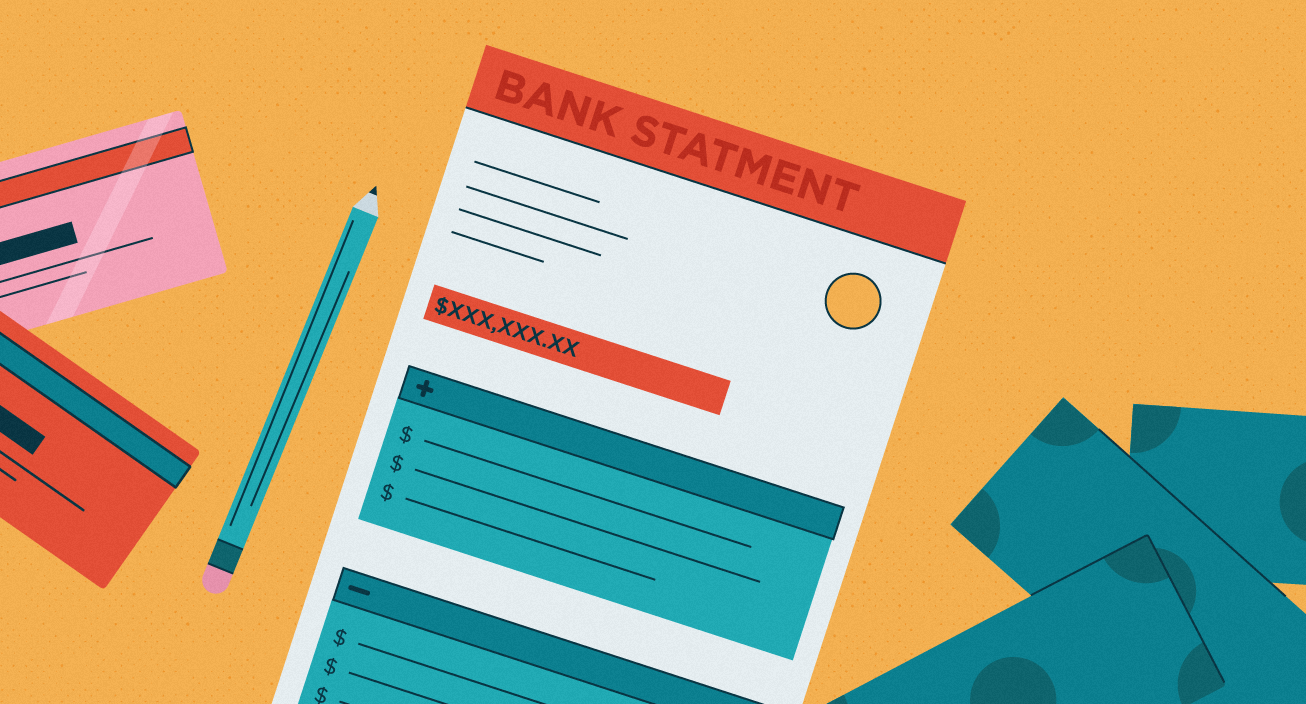
I have been involved in a number of small businesses that have started up over the past twenty years: The Financial Services Club, The Finanser, The Portrait Foundation; as well as some that are bigger: 11FS.
Interestingly, every start-up I’ve been involved with has had a terrible time with opening a bank account. Forced to visit the bank with a meeting that had to be pre-arranged weeks in advance, then rigorous checks of identity, address, business set-up, plans and so on and so forth. It’s a true pain. In fact, the last time I tried to open a business account, I shared the experience. Biggest pain in the neck ever.
In the latest twist on this horrendous experience, my accountant has asked for a bank statement in order to file our first annual accounts for one of my smaller businesses. They don't need a paper statement - a PDF would do the job - but it turns out I don’t have access to the bank account, so I ring my partner for her to send the details. She is not good with digital, and sends a photo of the account from her iPhone. That’s not a bank statement.
How do I get the bank statement? she asks.
Well, it’s probably easiest if you go to the online banking service using a PC, I reply. After all, this is a traditional high street bank we are dealing with, and the app does not support downloading or sharing bank statements.
I don’t know how to do that, she says. She doesn’t use PC’s. Only smartphones.
We were at an impasse. Eventually her technology department, namely her son, worked out how to get the bank statement and the accountant was happy. Apparently, I could get access to the account, but need to ring the bank – which in lockdown means waiting an hour to get hold of a human – and then going through a lengthy process of proof for access. I can’t be bothered.
Why is this so difficult? It shouldn’t be.
The issue is obviously all around identity, authentication, verification and access and, obviously, you don’t just want any old person getting access to your bank account. They need to be identified, authorised and verified. Yet, when the customer is saying this guy is ok to get into my account, shouldn’t the bank make this easy? In fact, in particular, in these days of Open APIs, Open Banking, PSD2 and such like, surely third parties should find it easy to access an account?
Well, it's a known issue and there are now lots of technology firms tackling this area like Microsoft and IBM, as well as niche players like Genome. In the case of Genome, they realised that small businesses have huge issues with access to accounts when there is only one individual with the logon details. What happens when that person goes on holiday is or off sick? Do they give their private username and password details to a colleague?
Nah, that’s no good.
That’s why Genome came up with idea of a team-based account profile, where the business owner can provide access to four different profiles:
- Director – this person will have access to all the account functions;
- Financial director – the employee can view the accounts and balances, view and export reports, view and manage merchants, manage members, and also have access to payments, verification and limits functions;
- Accountant – this person can use the payments, verification and limits functions, view the accounts and balances, view and export reports, view and manage merchants; and
- Analyst – the employee can view the accounts and balances, view and export reports, and also view merchants.
I’m not saying this is the best solution out there but, when I stumbled across it, I thought Hey! How come my bank hasn’t done this? At least it would mean that my partner’s son wouldn’t have to bail us out every time we wanted to get a bank statement.
Chris M Skinner
Chris Skinner is best known as an independent commentator on the financial markets through his blog, TheFinanser.com, as author of the bestselling book Digital Bank, and Chair of the European networking forum the Financial Services Club. He has been voted one of the most influential people in banking by The Financial Brand (as well as one of the best blogs), a FinTech Titan (Next Bank), one of the Fintech Leaders you need to follow (City AM, Deluxe and Jax Finance), as well as one of the Top 40 most influential people in financial technology by the Wall Street Journal's Financial News. To learn more click here...

